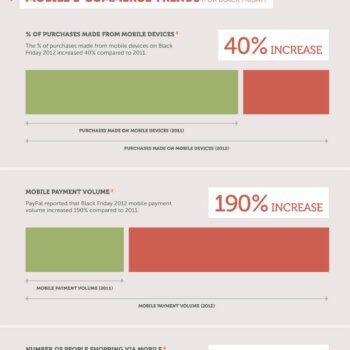Did your new innovation get its start in a university lab? If so, you’re in good company. A recent Kauffman Foundation study found that new innovations and the startup companies formed to commercialize them are increasingly launching in university labs.
While these lab-born startups eventually resemble their more traditional peers, they experience different potential conflicts that can make or break the company’s chances of success, according to the report From Lab Bench to Innovation:
-
Although institutional policies may prohibit faculty from entering into business relationships with current students, it sometimes happens. Students who form companies and launch ventures before graduation expose themselves to the potential for a serious conflict. Different personal goals as well as mismatched expectations about roles and ownership interests can lead to particularly difficult situations.
-
These so-called nascent academic entrepreneurs may enter and leave business plan competitions with very different expectations for the path to be taken than their other team members. Typical technology-based ventures may be able to move directly to a typical startup, while academic ventures likely will find themselves first spending years to finish creating the science before they can begin using it.





























